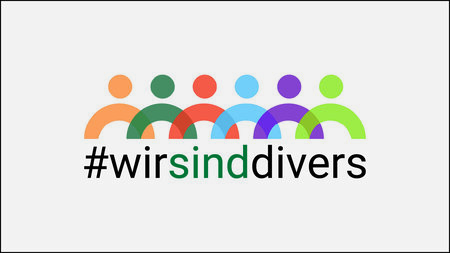Forschungskolloquium des Instituts für Psychologie
Ansprechpartner
-
Telefon:+49 371 531-31312
-
E-Mail:
In diesem Semester wird das Institutskolloquium in Präsenz und Online stattfinden. Sie finden bei den einzelnen Vorträgen Informationen dazu, ob der Vortrag im Institut für Psychologie oder digital stattfindet.
Die Seite wird laufend aktualisiert. Terminwünsche und Informationen bitte über Prof. Dr. Stefan Brandenburg kommunizieren.
Veranstaltungsdaten im Sommersemester 2025
Vortragsraum (Online): https://webroom.hrz.tu-chemnitz.de/gl/ste-uhi-qkc-wy1
Vortragsraum (Präsenz): W.-Raabe-Str. 43, 09120 Chemnitz - Raum 102
Dienstag, 15:30 Uhr - 17:00 Uhr
| Termin | Referent:in und Thema |
| 29.04.2025 |
Termin verfügbar |
| 13.05.2025 |
Termin verfügbar |
| 20.05.2025 |
Termin verfügbar |
| 27.05.2025 |
Jiqun Liu (PhD, Assistant Prof., University of Oklahoma, Norman, USA) "Toward Psychology-Informed Trustworthy Search and Evaluation in Intelligent Information Systems" (ONLINE) ABSTRACT Biases — both human and algorithmic — pose critical challenges to the effectiveness and trustworthiness of search and recommendation systems. Our research investigates how these biases are interwoven into users’ search interactions and system outputs, impacting relevance judgments, search experiences and strategies, and credibility assessments. Our recent studies explore how cognitive biases and heuristics, such as decoy effect, reference dependence, and expectation confirmation, shape users’ interactions with and evaluations on Web search engines and recommender systems. We also examine the threshold priming, decoy effects, and personality traits in large language models (LLMs), revealing how these systems inherit and amplify human-like biases and characteristics in information judgment tasks. Beyond diagnosis, this talk introduces bias mitigation strategies at varying levels, including biased result obfuscation in search, adaptive re-ranking, and LLM-enhanced data augmentation and de-biasing, aimed at fostering responsible search and recommendation outcomes. The talk and reported projects offer new insights into bias-aware user modeling and system evaluation, and highlight the urgency of building trustworthy bias-resilient search and recommendation environments in the era of Generative AI. |
|
03.06.2025 |
Termin verfügbar |
| 17.06.2025 |
Termin verfügbar |
| 24.06.2025 |
Lorena Fleischmann (Universität Heidelberg) und Laura Weyh (TU Chemnitz) "Wer ein Ziel hat, nimmt auch schlechte Straßen in Kauf? Motivationale Personenmerkmale und kognitive (Hoch-)Leistungen" |
| 01.07.2025 |
Termin verfügbar |
| 15.07.2025 |
Maria Wirth "Social normative beliefs and older adults’ volunteering" (PRÄSENZ) Views of aging entail expectations and beliefs about old age, older adults, and the aging process and provide the background that shapes expectations and interpretations of experiences individuals have as they grow older. While most research focuses on descriptive views of aging, that is how older adults supposedly are (e.g., forget, slow), in this talk I will focus on prescriptive views of aging. Prescriptive views of aging are beliefs about how older adults should be and behave and supposedly set standards for age-appropriate behavior. Older adults supposedly align their behavior with what is socially expected of them to avoid backlash and disapproval. However, a link between prescriptive views of aging and older adults’ behavior has not been established in previous studies. I will present data from three studies in which we investigated the relation between endorsement of the social normative belief that older adults should contribute to the common good and engagement in volunteering.
|
|
|






